
In the realm of social justice activism, few concepts ignite as much debate as cancel culture. It’s a term that’s become synonymous with taking a public stand against individuals or institutions for actions deemed objectionable or offensive. Yet, the question lingers: Is cancel culture an effective tool for accountability or a form of punishment without room for redemption?
Harper’s Magazine and the Backlash
In July, Harper’s Magazine published “A Letter on Justice and Open Debate,” a critique of cancel culture that garnered immediate backlash. Signed by 153 notable figures, including J.K. Rowling, the letter exemplified the complexity of cancel culture. Mel Stanfill, UCF assistant professor of texts and technology, describes it as both a reflection of changing social norms and a potential moral panic.
Cancel Culture’s Roots

Cancel culture’s origins are intertwined with Black culture, with the first references potentially traced back to a 1991 movie quote. However, its true rise came through social media, particularly on Black Twitter, where it was used both humorously and earnestly to express disagreement.
Boycotting, a form of protest dating back to the 1880s, became a potent tool during the civil rights movement. Canceling, in its modern form, acknowledges that individuals can effect change by refusing to participate, even without the power to change structural inequality.
Amplifying Marginalized Voices
The internet has amplified the voices of marginalized communities, enabling them to garner support and awareness globally. Movements like #BlackLivesMatter have gained immense traction and have shifted the nation’s consciousness about racial injustice.
The Historical Context of Public Shaming
Public shaming has deep historical roots, from stocks in medieval Europe to tarring and feathering in colonial America. However, it has also served to maintain social bonds and prevent excessive power imbalances within communities.
Celebrities and the Accountability Paradox
Celebrities, as agents of change, are especially susceptible to public criticism. The #MeToo movement showcased the power of calling out powerful individuals, but it also demonstrated how increased attention can sometimes backfire.
Humans are inherently flawed, prone to making mistakes. Online doxxing and its potential for lasting consequences have made everyone vulnerable to cancellation, raising questions about the authenticity of redemption.
In a world where cancel culture straddles the fine line between accountability and excess, understanding its complexities and nuances is essential. It’s a concept born of the digital age, reflective of our evolving cultural climate, and a testament to the power of collective action in a highly interconnected world. Whether it empowers or destroys, cancel culture is a phenomenon that demands our attention and introspection.
While social media has revolutionized communication, it has also divided us and focused our energy on individual actions. As cancel culture continues to evolve, we must consider how to create positive change without perpetuating negativity.
References
Also Read: Unicorns, Myth, and Misinterpretation



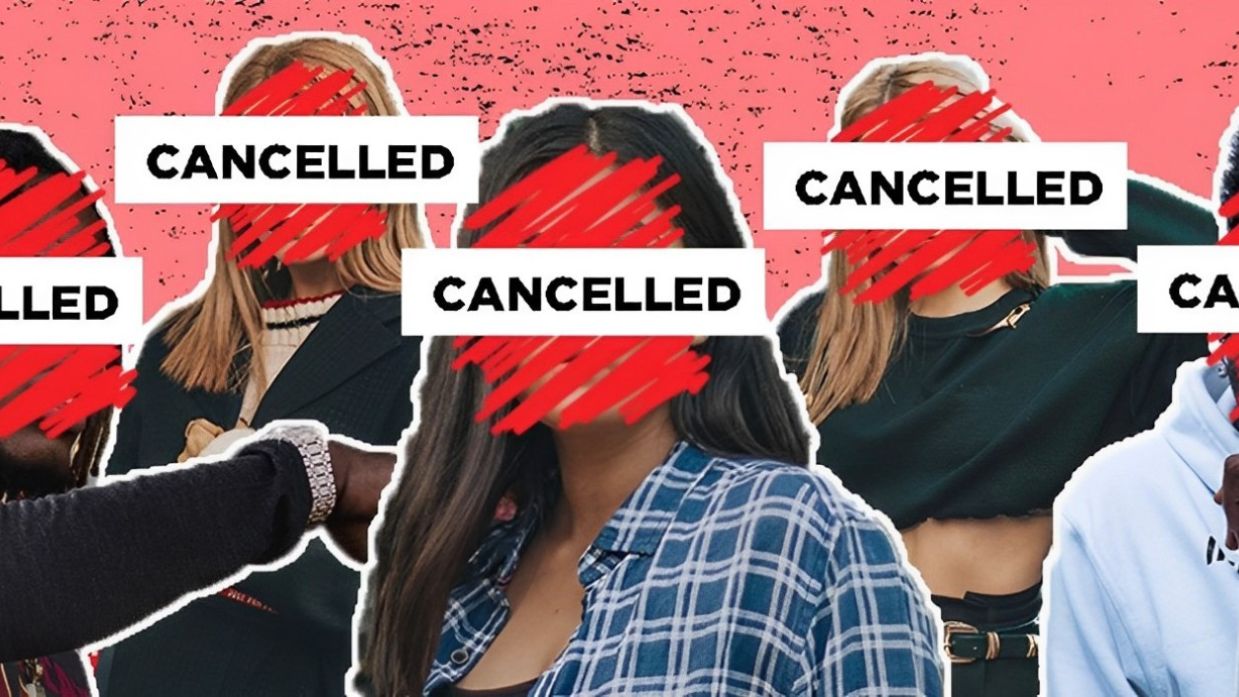
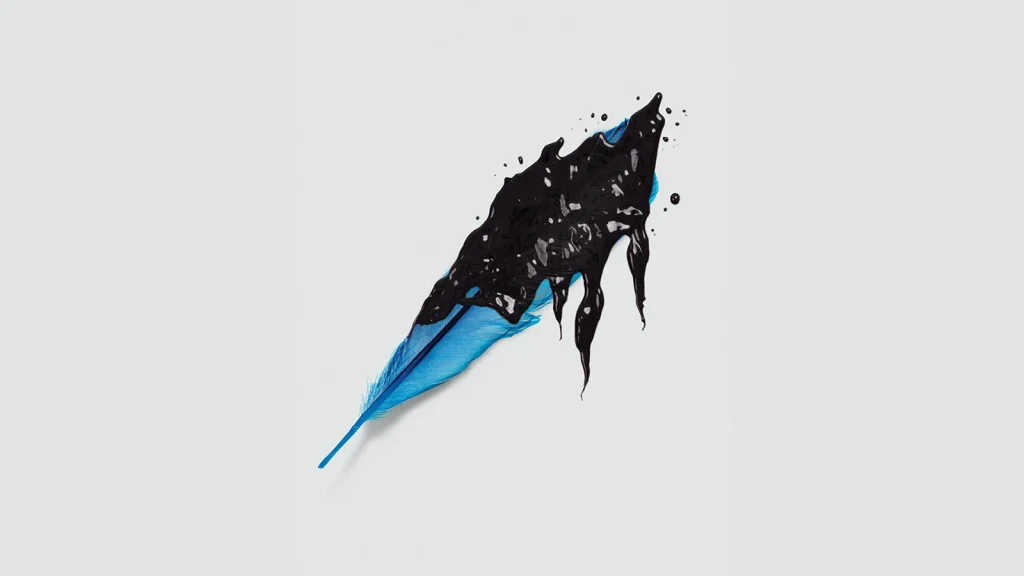
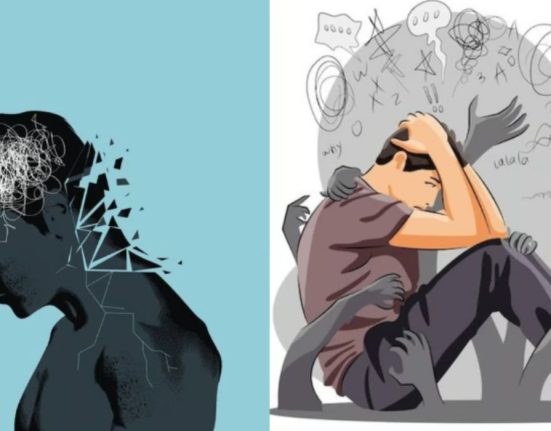
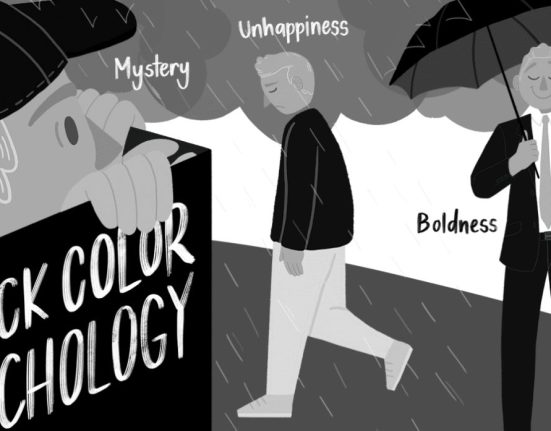
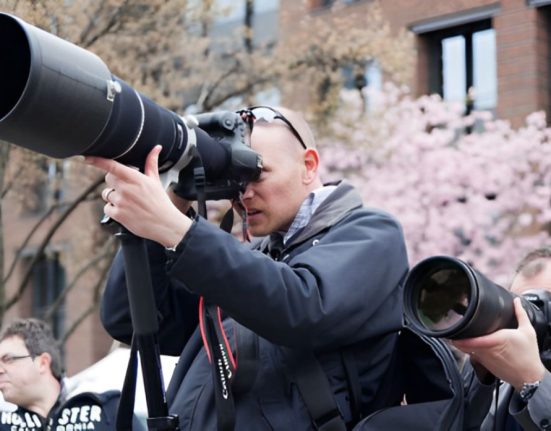
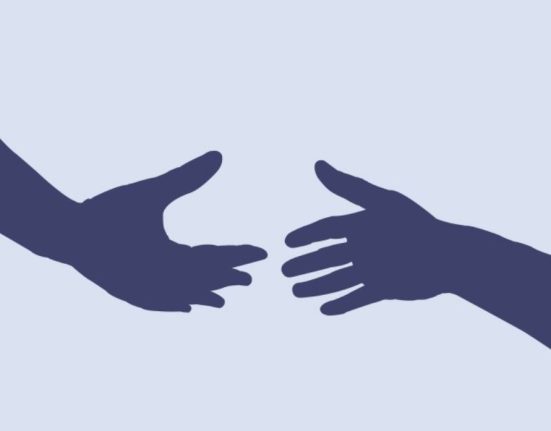

Leave feedback about this